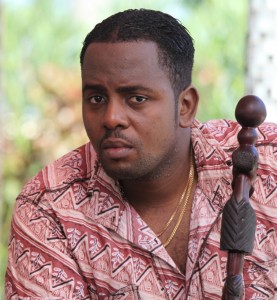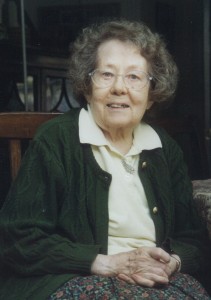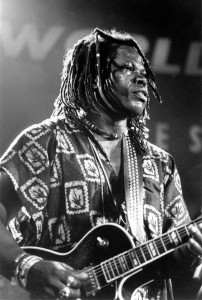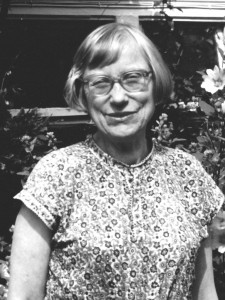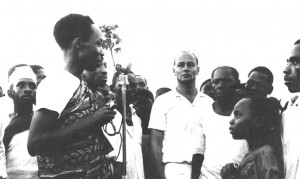Veteran politician and national leader RASHIDI MFAUME KAWAWA – Simba wa Vita (83) died on December 31 at the Muhimbili National Hospital.
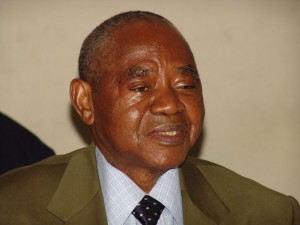
Rashidi Mfaume Kawawa (photo Issah Michuzi)
Announcing the news President Kikwete said the nation had lost a great son who sacrificed a lot for the liberation and development of his country. He declared seven days of mourning in honour of the man who had served as Minister of Defence, Prime Minister, Second Vice-President, and Secretary General of the CCM.
Mzee Kawawa, who was preparing to travel abroad, had reported to hospital for a malaria test. The results indicated that he did not have malaria but, on his way home he suddenly felt ill. At the hospital doctors found that his blood sugar was approaching zero and his two kidneys had completely failed. Then came cardiac arrest.
Mzee Kawawa was born near Songea as the son of an elephant hunter and his first job was as a Public Works Department accounts clerk. In 1951 he realised a long-standing dream by becoming a social worker and he joined a mobile film unit engaged in government literacy programmes. When it was decided to use the unit for educational filming, he was chosen as the only Tanzanian leading actor. Then he became a star in two more films, which added greatly to his popularity.
Then, in 1953, he was given a much more stressful job. He later described his time in central Tanganyika, working among Kikuyu detainees held during the Kenyan Mau Mau movement, as “the greatest challenge of my life.”
The Tanganyika independence movement was then underway. When his civil service employment prevented him from full participation in the struggle his decision to use the unions to further independence led to his resignation in February 1956 to devote his time to the organisation of the labour movement. Kawawa became President of the Tanganyika African Government Services Association and, after that, helped found the Tanganyika Federation of Labour (TFL) and was elected its first General Secretary in 1955.
In September 1960, following his first appointment to cabinet rank, he resigned from the TFL to concentrate on politics. When Mwalimu Nyerere resigned from the post of Prime Minister of the independent Tanganyika for a brief period in 1962, Kawawa replaced him until his return to office.
After 1964 Kawawa held the office of Second Vice President of Tanzania, serving as Nyerere’s principal assistant for mainland affairs, and as leader of the National Assembly.
He played a very important role during the villagisation programme of the 1970s which became one of the most difficult undertakings the government had undertaken. As the principal assistant to Mwalimu Nyerere, he ensured that the task was accomplished although it is much criticised today.
He was strict and did not tolerate civil servants who did not do their job.
Many Tanzanians believed that Kawawa would succeed Nyerere after the latter relinquished the Tanzanian presidency in 1985 but, his unwavering commitment to a state-controlled economy caused him to lose popular support to the more pragmatic Ali Hassan Mwinyi, who eventually became President.
In recent years Mzee Kawawa continued to play a significant role in Tanzanian politics and was unwavering in his support of Mwalimu Nyerere. One example was seen in 1995 when he strongly supported Nyerere’s wish that his protégé, Benjamin Mkapa, should be nominated as the CCM presidential candidate in spite of strong opposition within the party.
Thank you Bobby MacIvor, former wife of Derek Bryceson, who was Minister of Agriculture under Nyerere in the 1970’s, for sending us this personal tribute – Editor:
‘It needs only a short search in my mind to bring back a picture of Rashidi, memories come again to me, clearly and vividly. I can see a short, fairly stout and broadly smiling man, often laughing out loud. This was at the time of the lead up to Independence for Tanganyika. I knew then that I had met a man with an enormous amount of energy and enterprise and enthusiasm.
My random memories of Rashidi then, are not to quote histories written of all that had happened on special dates, but to try to show my own picture of him and the many sides to him. There was the ebullient Rashidi, the inspired, inventive Rashidi and the ambitiously determined Rashidi. He planned and implemented many of his ideas. Ideas to help his country make progress.
With Julius Nyerere as President, Rashidi must have found someone who had, I believe, chosen him to make a good balance in the leadership. Leadership for the Christian and Moslem peoples of a large country.
When I lived in a house at Msasani Bay, next door to Julius and Maria and their family, my husband, Derek Bryceson and our son and daughter would often meet them on the beach. The wide expanse of the wonderful Indian Ocean, made for us all, a tranquil and beautiful place to be. Julius sometimes called us to come and sit with him on his verandah if he was alone. He would tell us about his thoughts and ambitions and how Rashidi particularly was an extremely valuable and important person to him. A person who could help share the great and heavy responsibilities they had to carry with others in government and outside it.
I left Tanzania with great sadness after a divorce from Derek in 1974. I left behind so much, but took with me not only some personal possessions, but many treasured memories. One of the sharpest of those was of Rashidi.
After more than forty years and in a very different life in England, I sometimes think to myself of Rashidi. Rashidi in another form. As a Tanzanite, sparkling, strong, firm as a rock with a value which has no doubt.’
MICHAELA VON FREYHOLD, who died in January in Bremen, was a sociologist and anthropologist who came to Tanzania in 1968 and taught in the Sociology Department at the University of Dar es Salaam and later at the Institute for Finance Management. Her book Ujamaa Villages in Tanzania: Analysis of a Social Experiment (Heinemann, 1979) is by far the best study of the early years of ujamaa, based as it is on thorough fieldwork and observation in four villages in Tanga Region, but also placing what happened in the historical and political economy framework which she developed in her lectures, and showing how young government staff sent to do the government’s bidding, which they were not particularly comfortable with, in villages which they little knew or understood, were placed in an impossible position. The case studies show that there were many villagers who were prepared to give ujamaa farming a trial, but that they were repeatedly frustrated by unsympathetic action from government officials or forms of aid that they had not asked for and which for them were not priorities.
Michaela also wrote, less successfully, about the new breed of managers that took over factories and parastatals from 1967 onwards (her sympathies almost entirely with the workers), and on women with young children in rural areas. On leaving Tanzania she became Professor for the Analysis of Third World Development at the University of Bremen – . Thank you Andrew Coulson for this – Editor

